The smell of smoke clouds the air. Wreckage litters the street. Burnt buildings remain.
In October 2014, the West African capital of Burkina Faso, Ouagadougou, was stormed in an uprising to unseat President Blaise Compaore. About 1,500 protesters ransacked the National Assembly of Burkina Faso offices. The protestors set documents, equipment and vehicles ablaze while police fired tear gas at the crowd. Alan Heise had just graduated college. He was there when it happened.
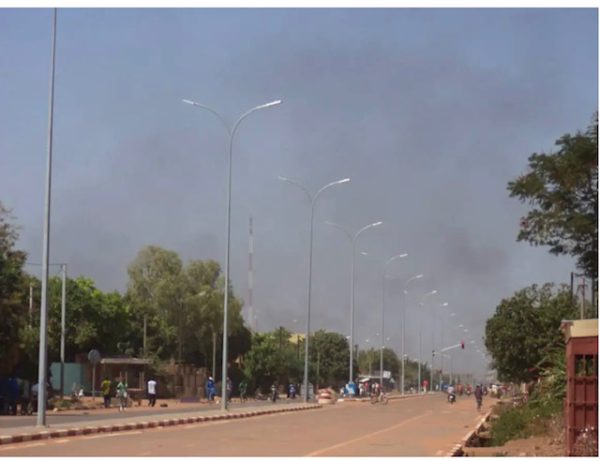
The “surreal” sight of the uprising aftermath would mark only the beginning of his experience in Burkina Faso. Over the next 11 months, Heise would undergo a shift in mindset pivotal to his career.
New world history teacher Alan Heise originally did not want to become a teacher.
“I went to Gettysburg College in Pennsylvania and declared my major as political science, which is basically saying, ‘I don’t know what I want to do yet,'” Heise said.
As his senior year in college began to wrap up, Heise felt anxious at the thought of his undecided career goal.
By the time he graduated in 2014 with a political science degree and a secondary degree in music, he still did not know what he wanted to pursue.
However, when Heise, having previously studied in Rwanda during his junior year of college, stumbled upon a volunteer opportunity in Burkina Faso with the international group Mennonite Central Committee, he was immediately intrigued.
“My thought process was like, ‘I want to work with international organizations,’” Heise said. “‘Here’s my opportunity.'”
His job would be teaching English to locals, tutoring beginners and preparing university students to take the TOEFL, an international English proficiency test.
And from that day, Heise’s career in education began.
“Education is…about drawing out as opposed to cramming in,” Heise said. “When I was teaching English, [I was] able to draw out the ideas of the students.”
But being in a new country, Heise soon encountered his first challenge: the language barrier. Although Heise taught English, he was not as proficient in the official language of Burkina Faso, French.
“I’ll say that it was a culture shock in a sense,” Heise said. “Just being immersed in French was something I was not used to. [I was] always making mistakes with gender agreement between nouns and adjectives. Finding my place in the community there was challenging at first, but everyone was so welcoming. My host family was always encouraging me and my progress [with] getting better at French.”
Heise also played piano for a local church during Sunday morning church services.
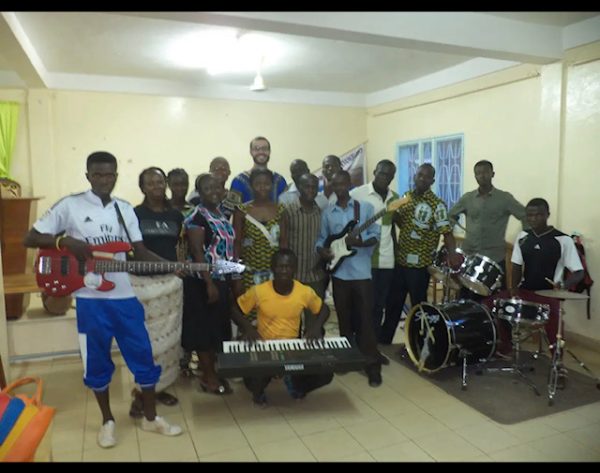
“I [helped] them with keyboards and learning their musical style,” Heise said. “Then, I ended up also teaching piano lessons because people were interested in learning.”
Alongside his English lessons, Heise taught around 15 students in weekly 20-to-30-minute piano lessons.
Through his teaching role, Heise forged “lasting relationships” with people who he is still in contact with to this day.
“One of them still plays [piano],” Heise said. “He now plays with the church group that I used to be a part of. [There are] people who I’m still in touch with [and] still contact every so often, just to check in with them.”
For Heise, teaching locals in Burkina Faso was when the idea of an education career became attractive.
“I had a couple of students who made amazing progress just from where they were at the beginning,” Heise said. “The amount of dedication that they had [and] how far they progressed over the course of my time there was really inspiring to see. It definitely challenged me to see my future in a different way and also see possibilities that I hadn’t realized when I first got there.”
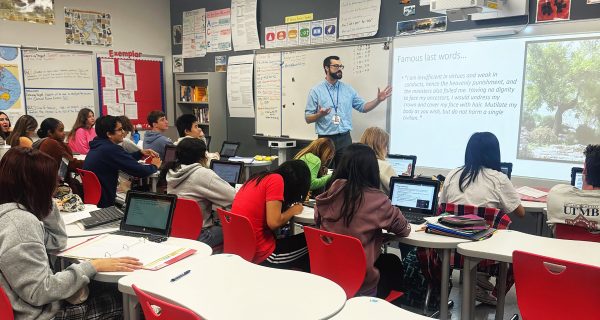
In May 2015, Heise left Burkina Faso for Houston to complete his teaching certificate, invigorated with a newfound inspiration.
“I came out of that experience realizing that I wanted to work closer to home, seeing the value of education and realizing that’s where I felt most comfortable,” Heise said. “That was what was motivating me to educate. It brought clarity to my question of what to do now that college is over.”
The following year, Heise landed his first teaching job at Cullen Middle School. After that, he developed an extensive background teaching all levels of world history at Booker T. Washington High School. Heise has now joined the world history team at Bellaire.
In his new classroom, Heise hangs the green and red Burkina Faso flag as one of the centerpieces on the wall closest to the room’s entrance. Heise incorporates experiences from Burkina Faso into his history lessons as well.
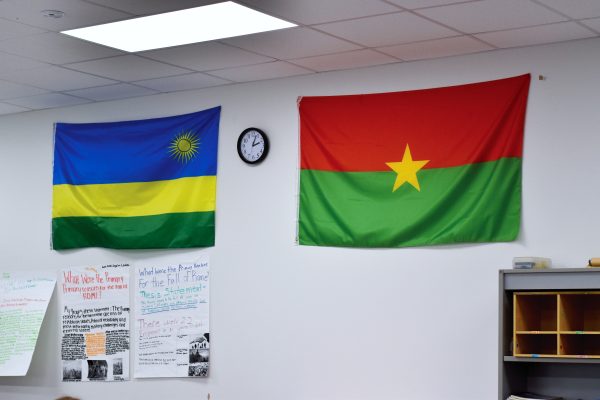
“I definitely try to use anecdotes from my time abroad, stories [and] illustrative examples, especially as we talk about colonization in the later periods,” he said.
And though a teacher in profession, Heise remains a learner at heart.
“If [Mr. Heise] doesn’t know, then we learn all together,” sophomore Samantha Tran said. “He’s always open and willing to learn.”
For Tran, Heise is the best AP World History teacher.
“He has a welcoming environment,” Tran said. “He’s always making sure that we understand the topic well.”
Sophomore Angel Ponce is in Heise’s sixth period world history class and said that although he finds Heise’s class challenging, he recognizes how Heise’s efforts prepare him for “whatever challenges may come in the future.”
Similarly, despite never foreseeing that he would become a teacher, after teaching English, music and now world history, Heise has accepted that everything he does is “part of the process” in life.
“I can always be willing to accept criticism and try to improve the way that I’m instructing and teaching,” Heise said. “[I am] never giving up and always willing to reflect. Where I am right now is not the endpoint.”
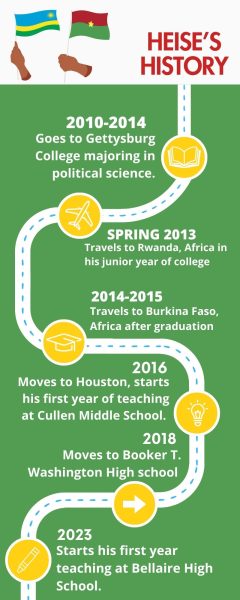


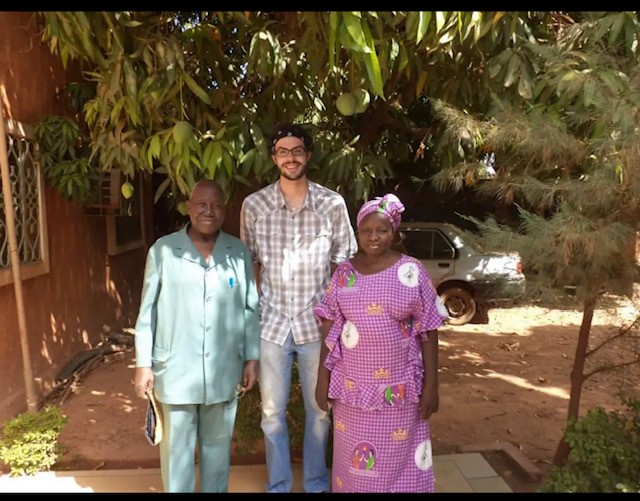
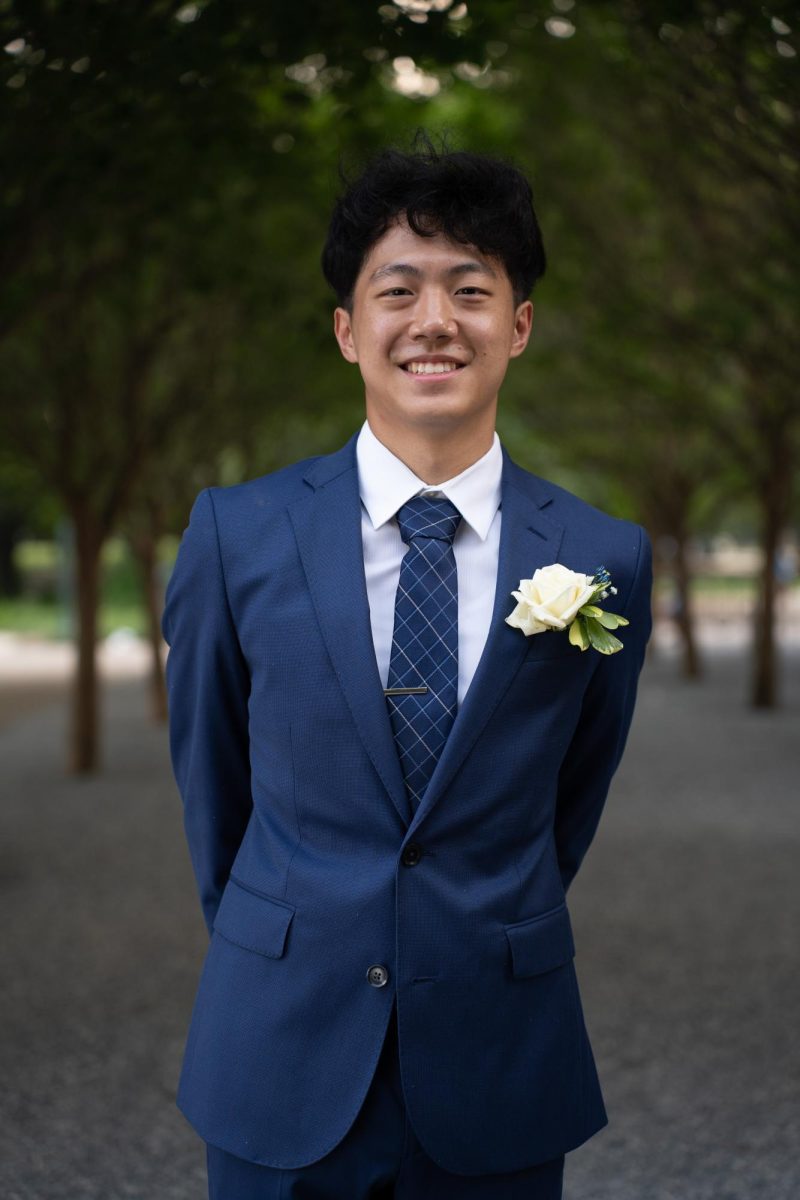

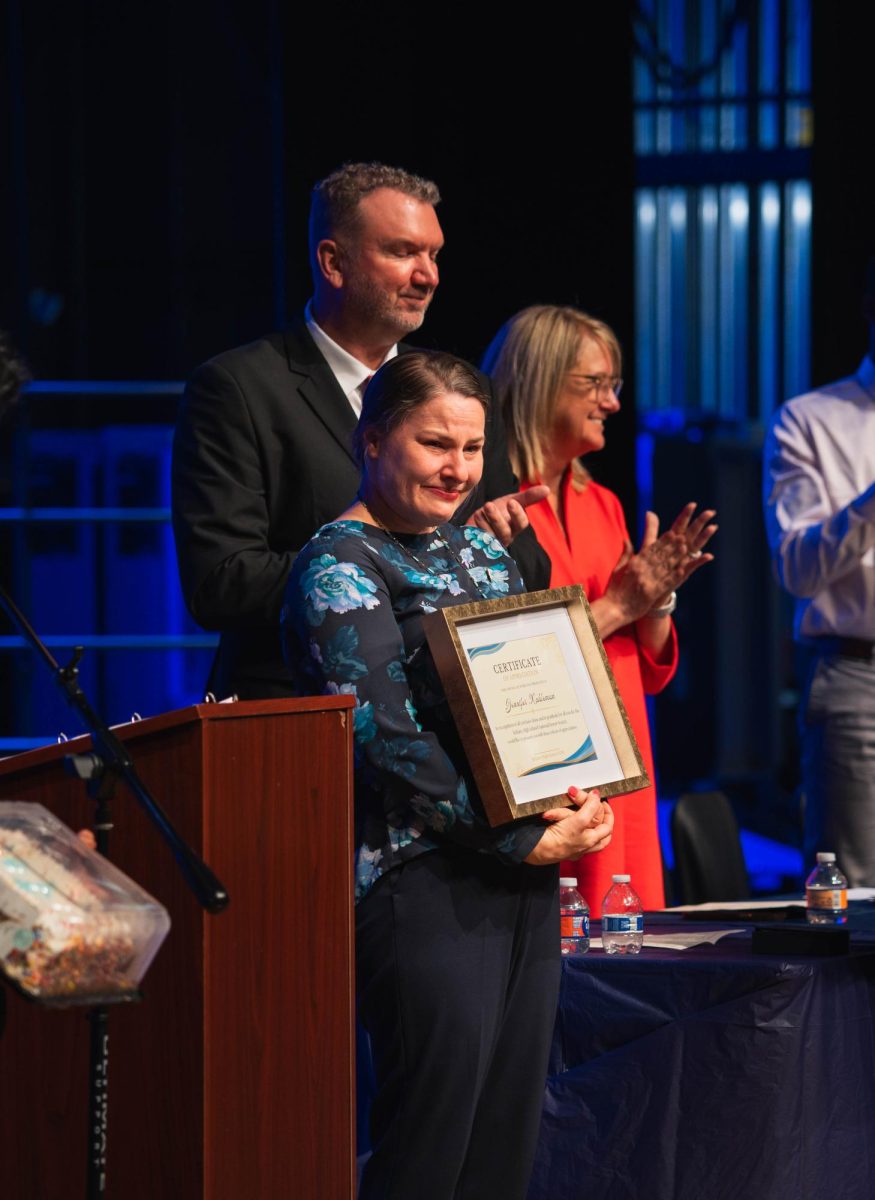
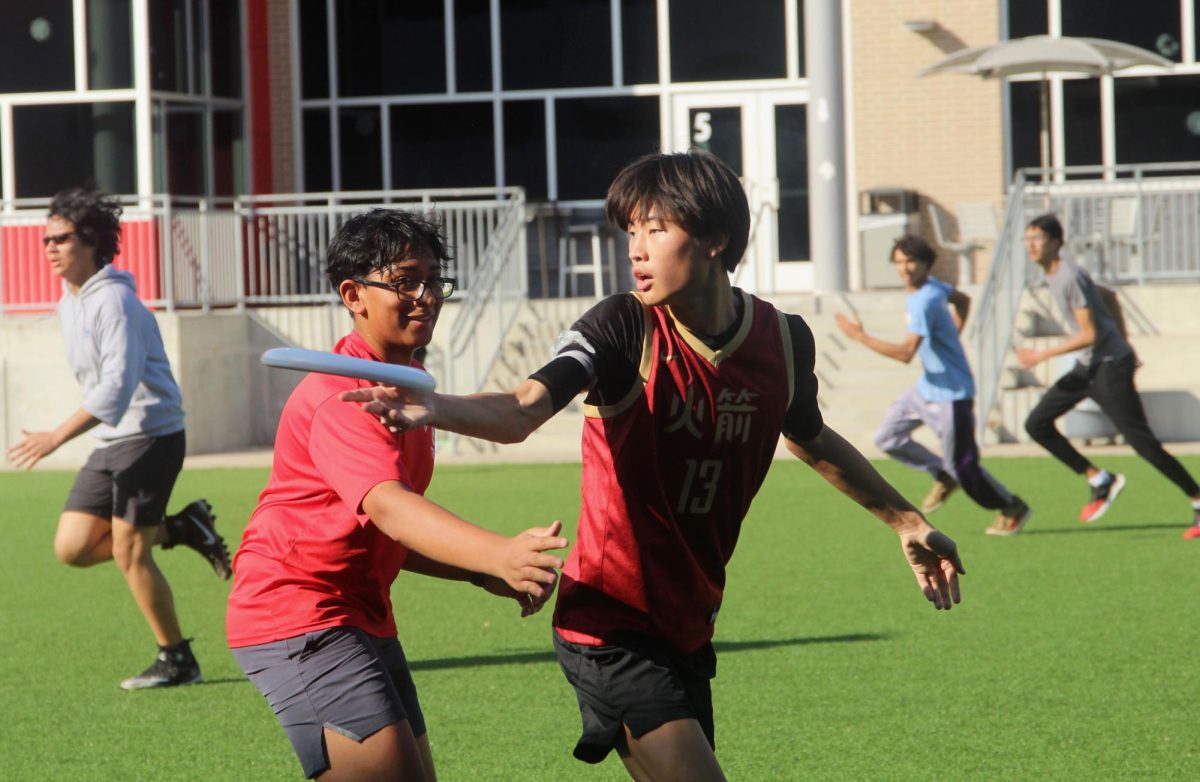
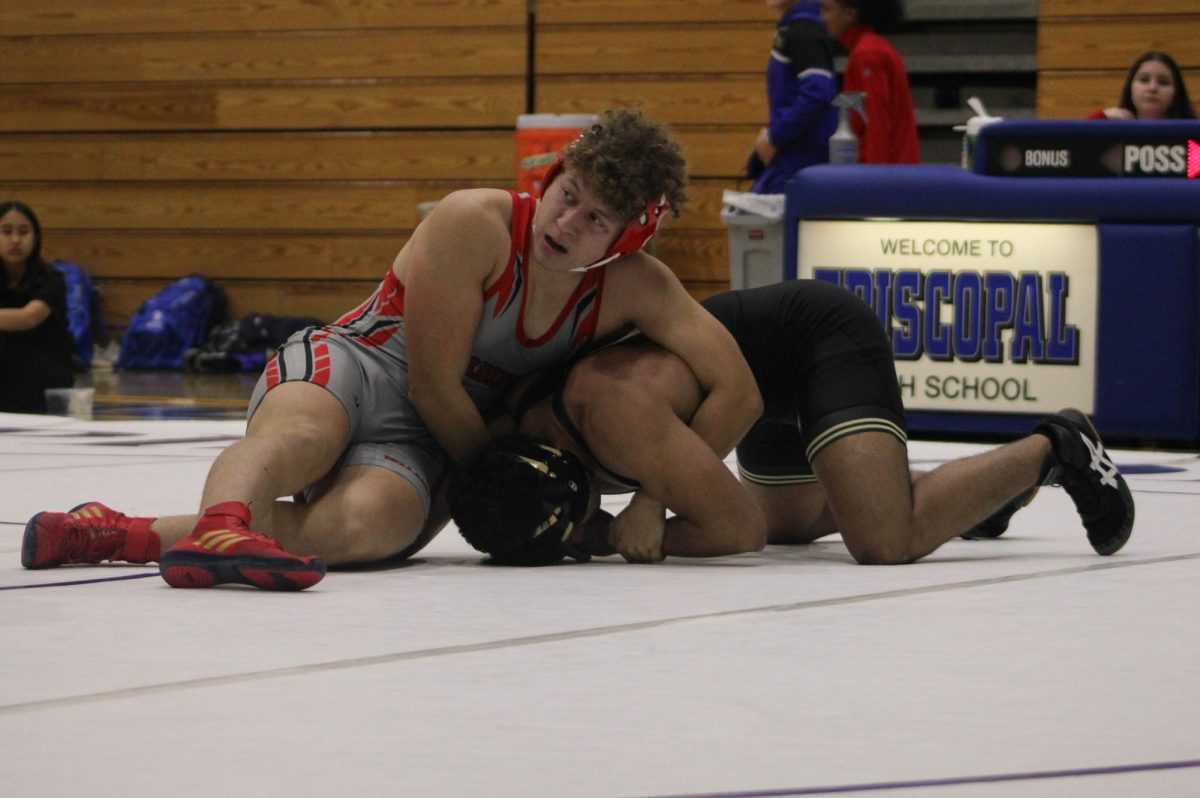
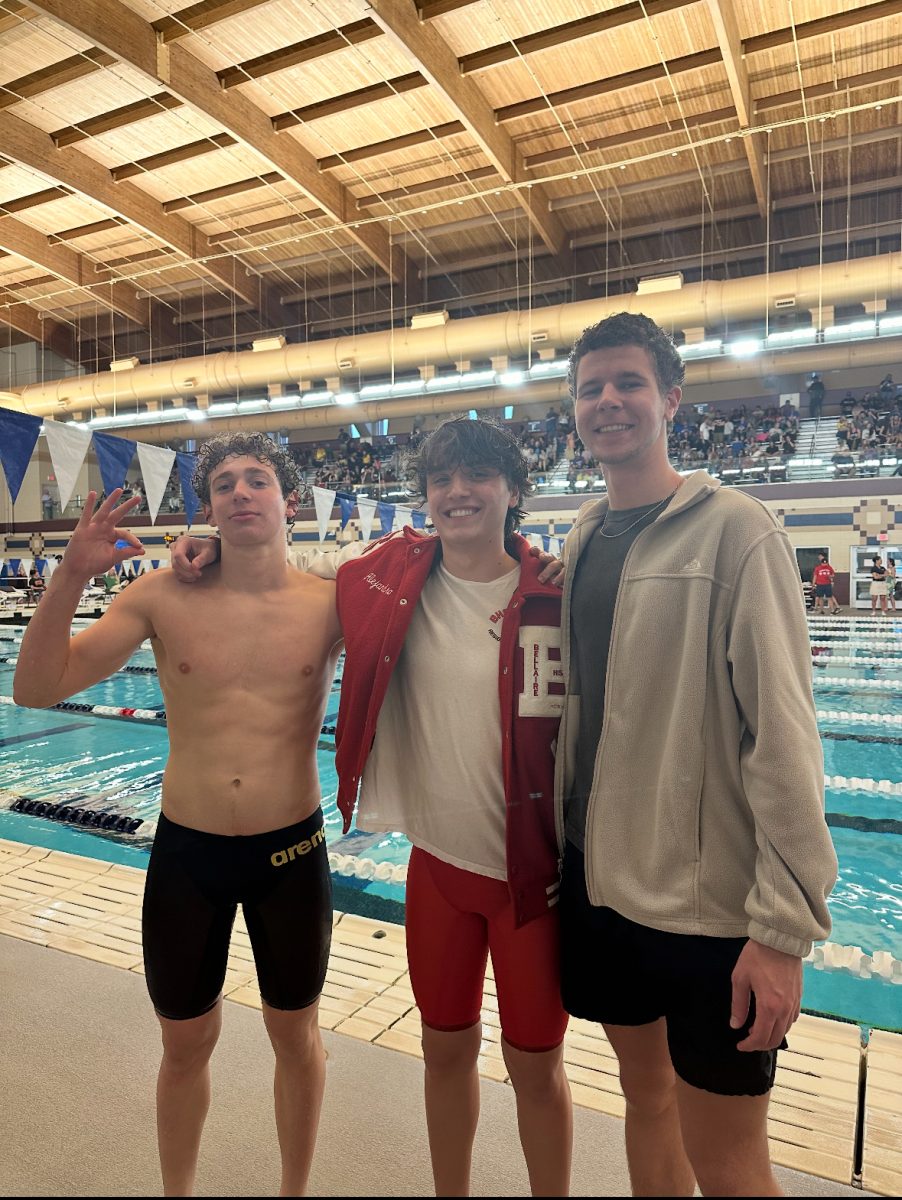
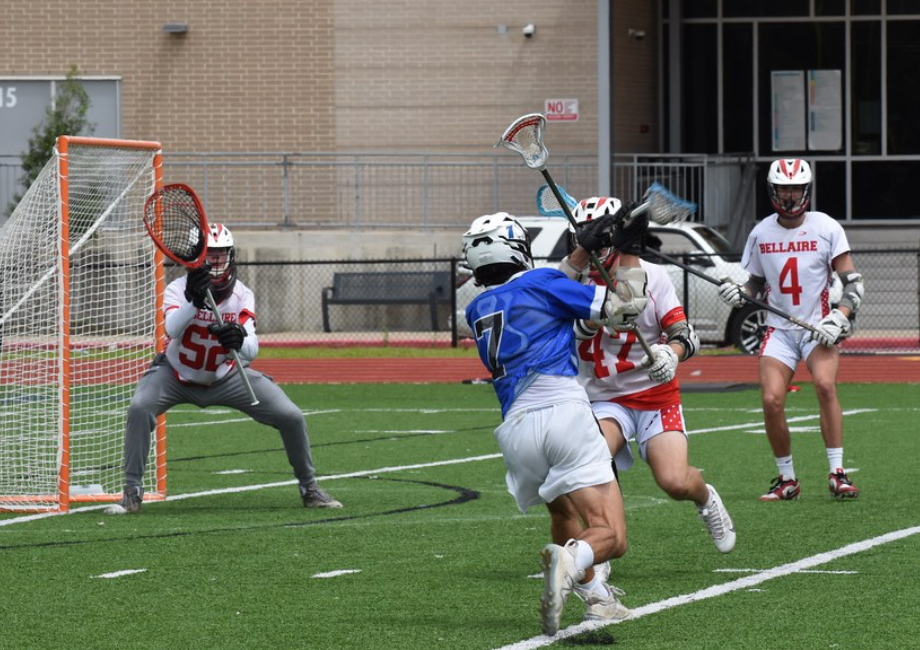
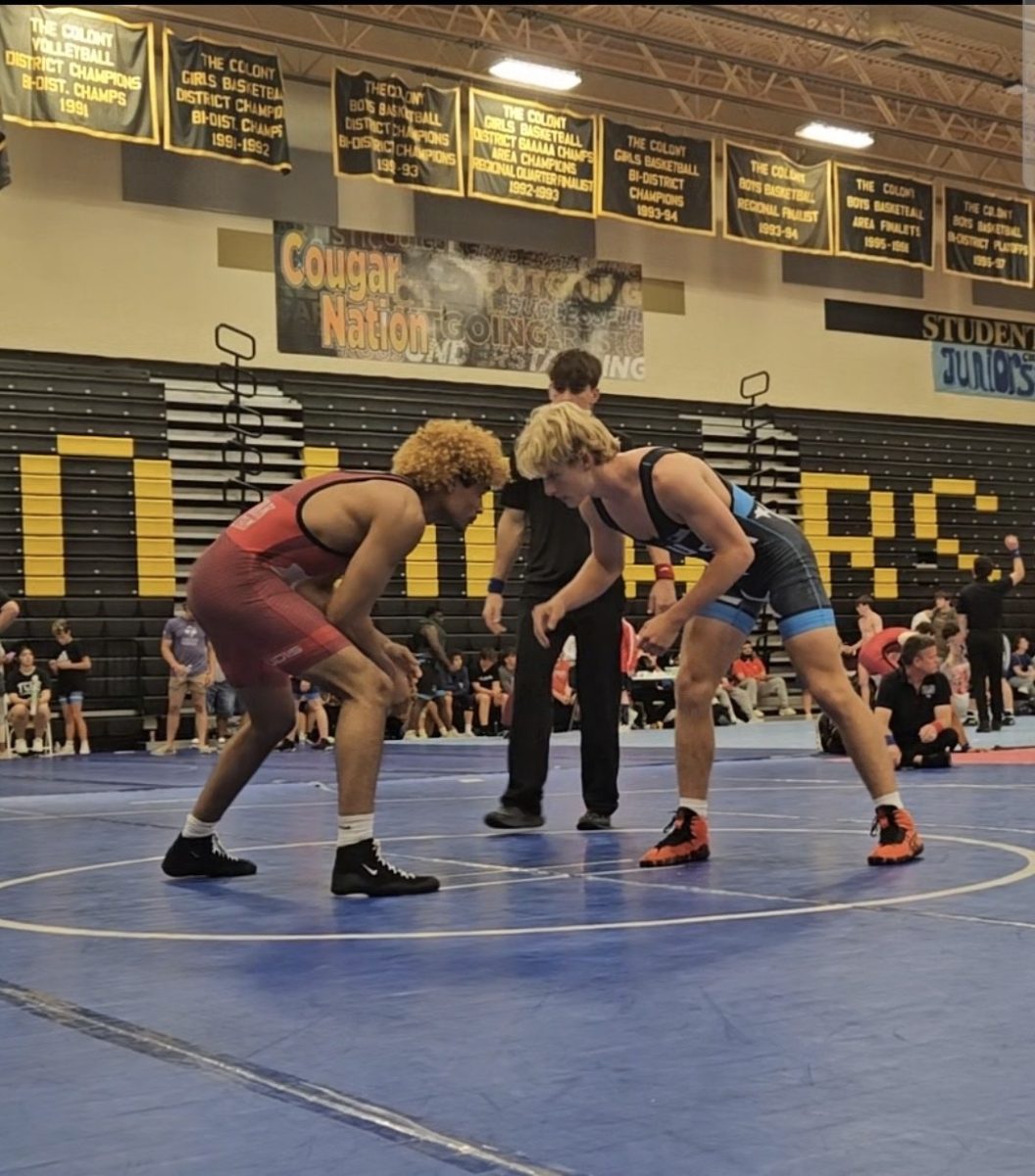
Preston • Nov 6, 2023 at 11:08 am
I enjoyed the timeline provided about Mr. Heise’s journey
Sarah Nitsun • Nov 5, 2023 at 1:21 pm
The timeline graphic is a great summary of Mr. Heise’s career!
Irene Zheng • Nov 4, 2023 at 11:40 pm
What a great story! Mr. Heise has an incredible background in education!